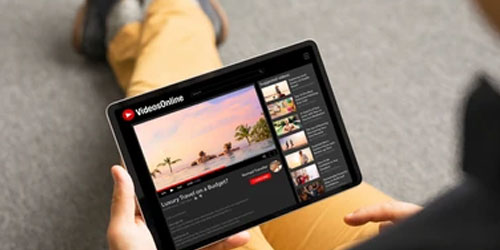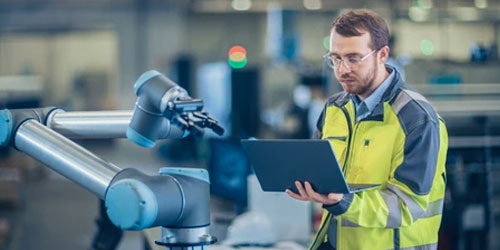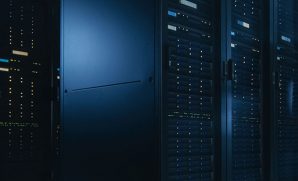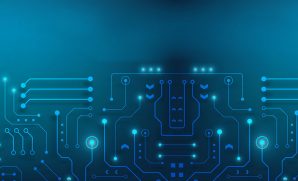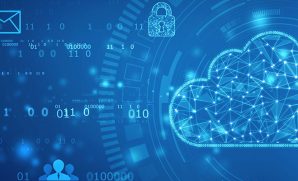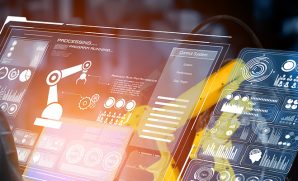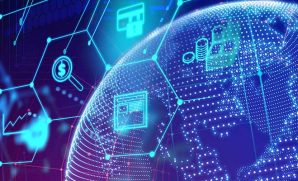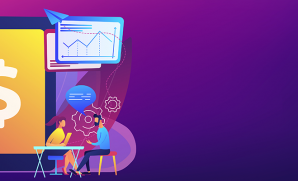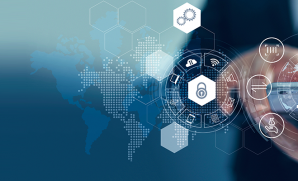I was driving to pick up a Friday evening meal at my favorite restaurant. Playing on the phone was a great podcast from McKinsey that spoke about emerging trends in the auto industry. As I heard intently, Asutosh Padhi and Andreas Tschiesner spoke intently about ‘ACES – Autonomous, Connectivity, Electrification and Ridesharing.’ The podcast elaborated very meticulously on these four emerging trends, and the ACES framework is a nice tool to understand the industry’s direction.

If we extrapolate the same analogy to the automotive sector, we could potentially see more autonomous vehicles, vehicles connected to each other, ride sharing not limited to one car but a series of ‘carriers’ and all this running on alternative energy (a mix of solar/ electricity). Potentially, the future could be a ‘grid’ of vehicles/ carriers of different passenger capacities running continuously in a city (or region). The vehicles would never stop because software controls the flow. If someone wanted to go from point A to B, just place a request to ‘the grid.’ An available carrier is matched, comes to your location, gets back to ‘the grid’ and drops you off at your desired location, or transfer you to the next carrier till you are at your desired location. The whole ‘end to end’ delivery is optimized by software dynamically to reduce travel time and fuel costs. The load on ‘the grid‘ can be monitored/predicted using analytics / predictive algorithms, and the volume of vehicles/ carriers can be altered autonomously.
Probably the big auto companies of the future are not the ones making the best cars, but the ones that control the software, hardware, infrastructure and most importantly, the data of ‘ the grid.’
So, how do I pick my food from my favorite restaurant in the future? I send a request to ‘the grid,’ and it gets delivered home – without me even moving from my couch. And, of course, I don’t need to tip anyone!
Full spectrum of Automotive Industry Solutions for Quick ROI & Business Results from YASH Technologies
Tushar Srivastava- Director – Regional Business Division @ YASH Technologies
Tushar Srivastava




